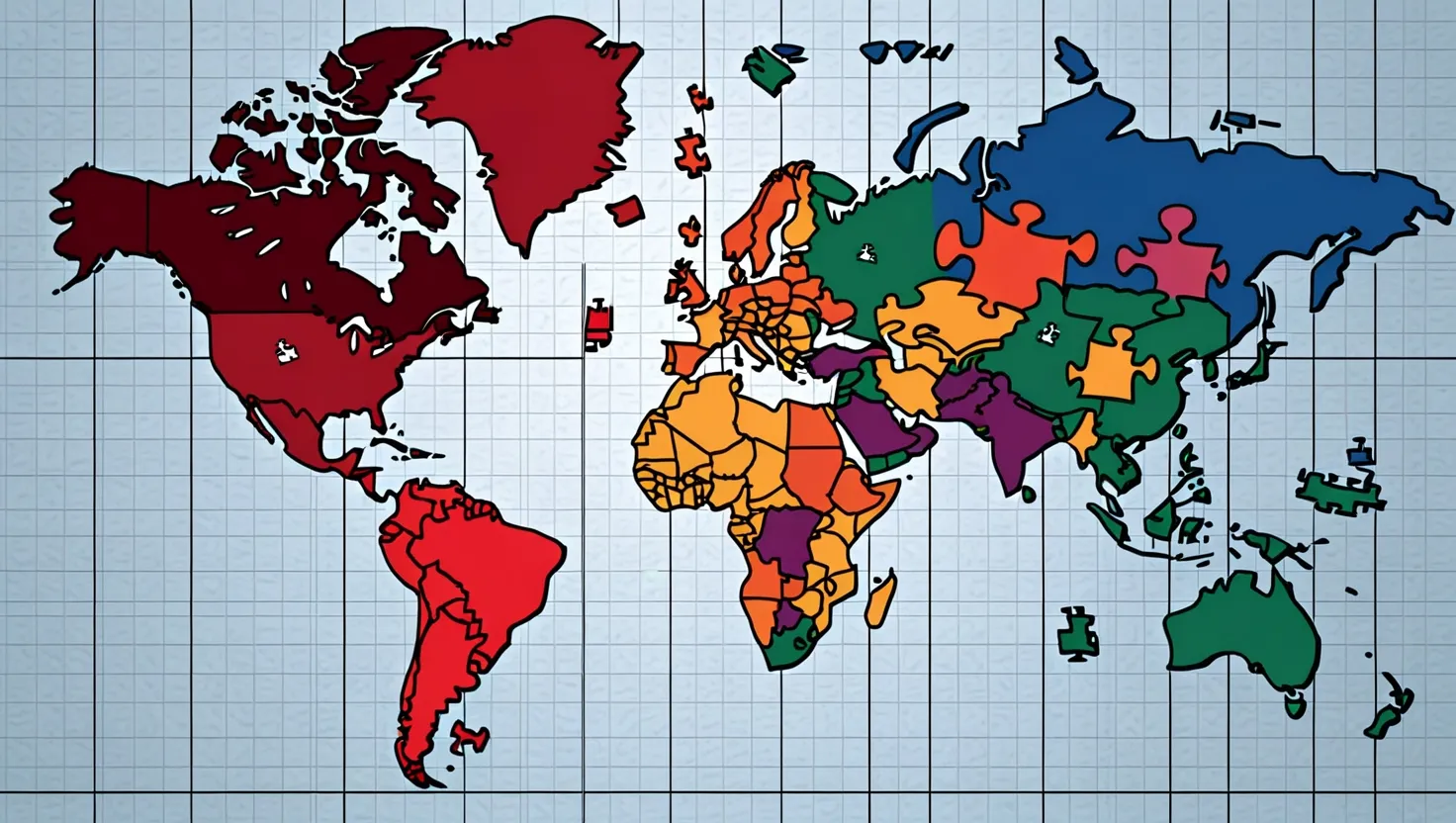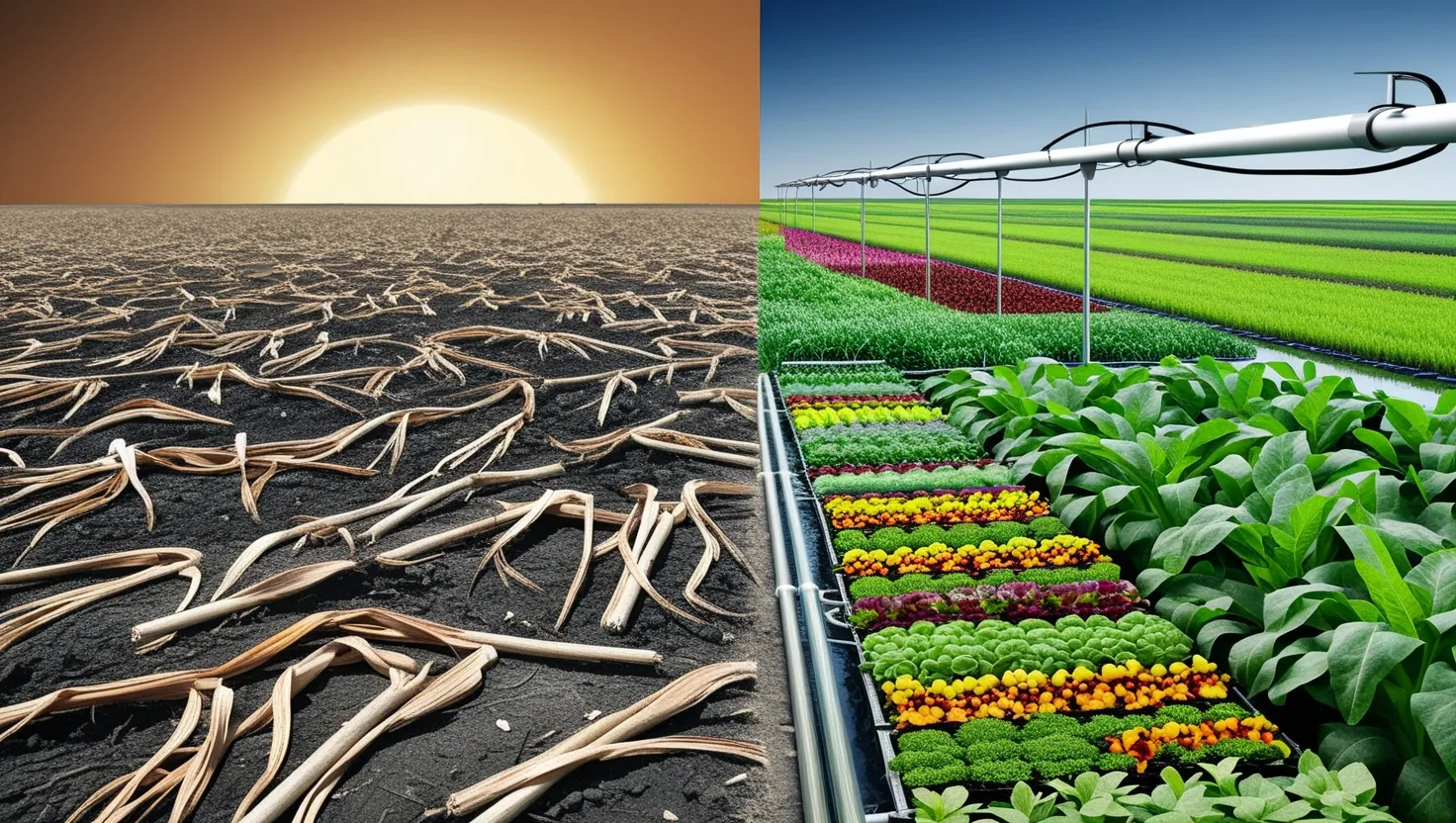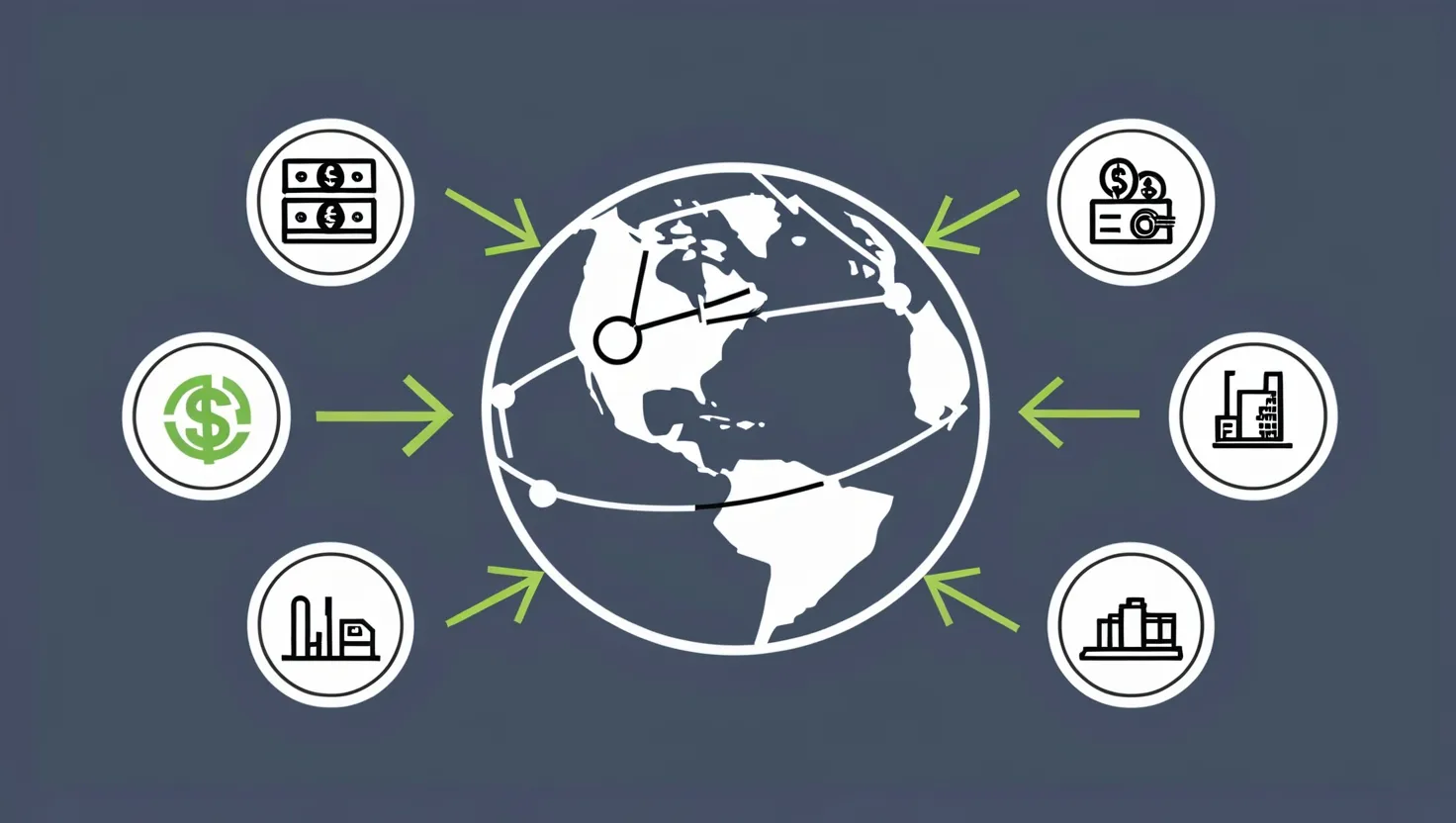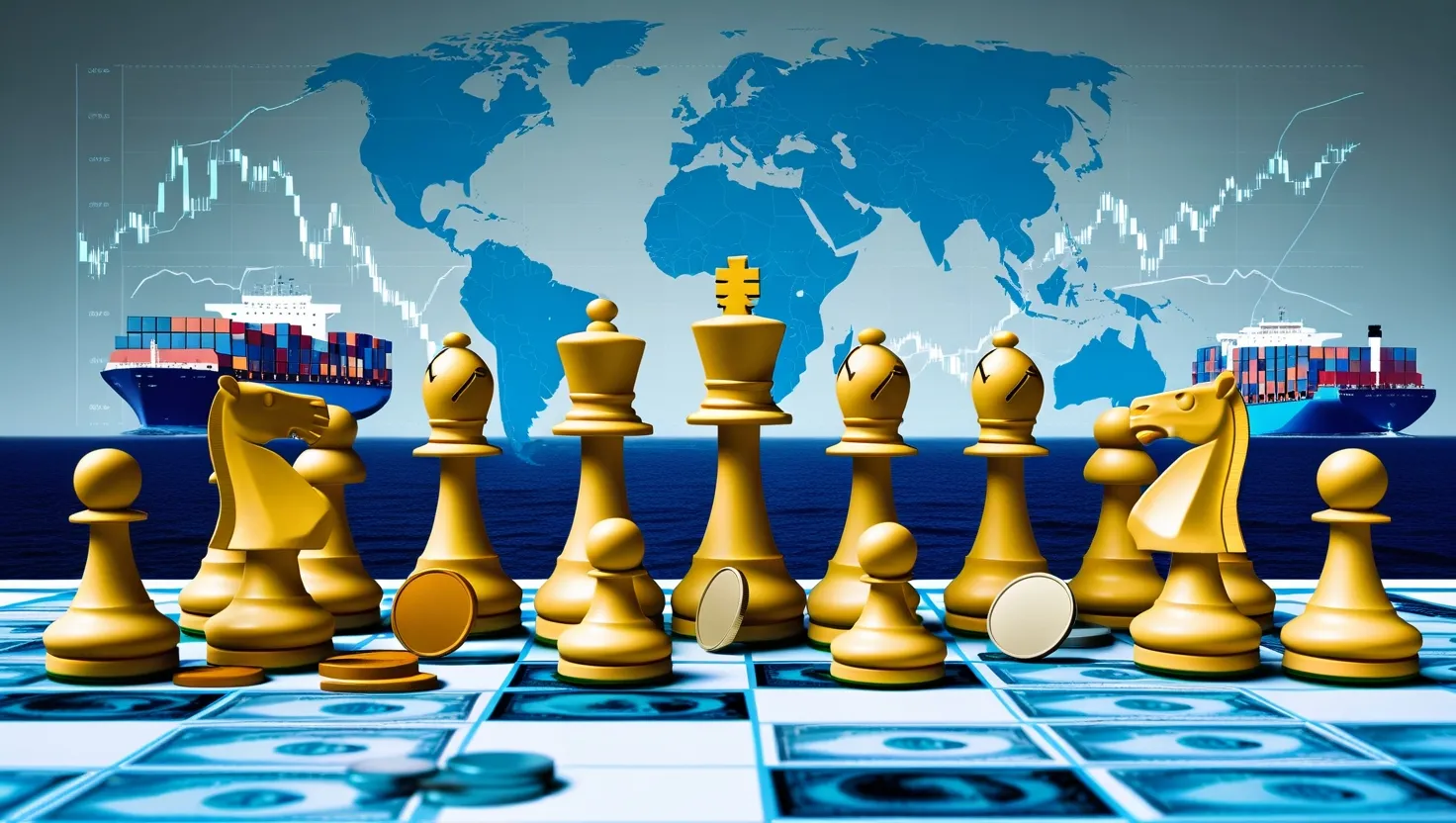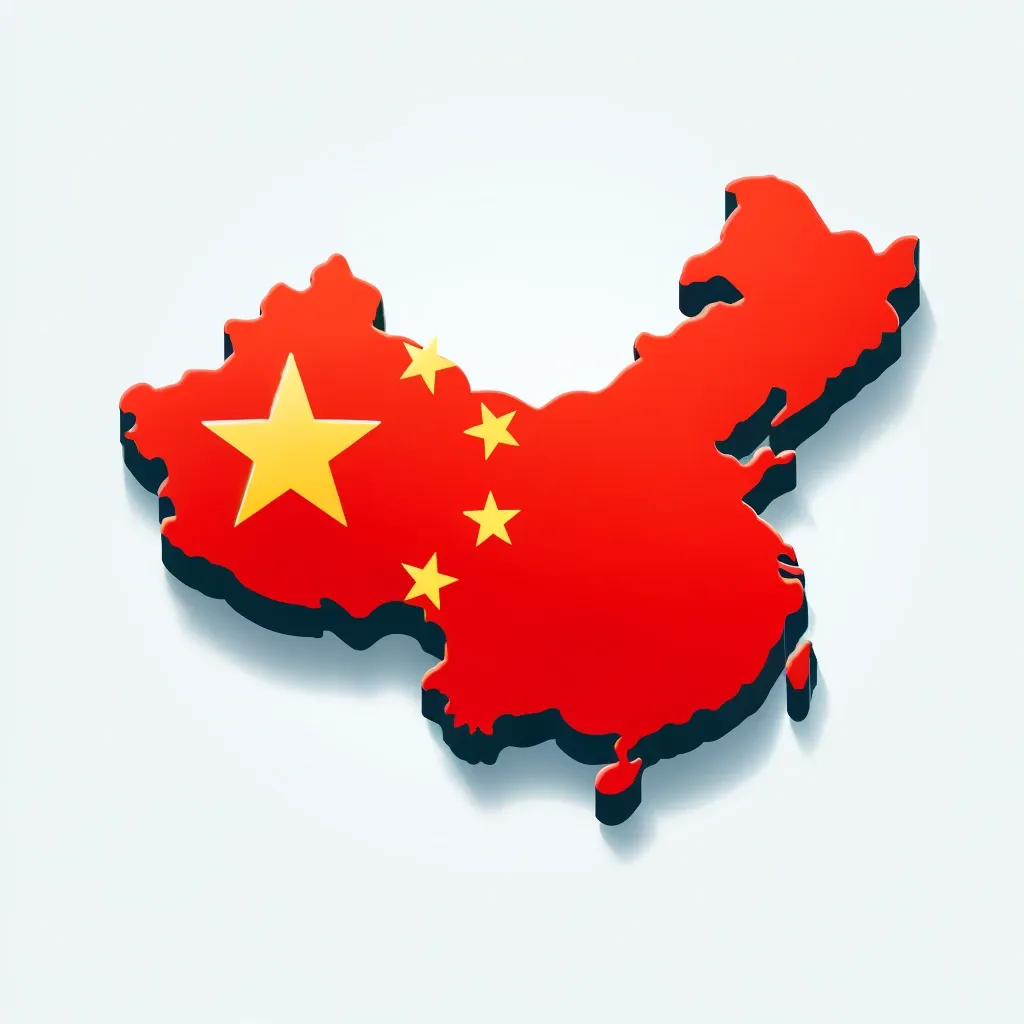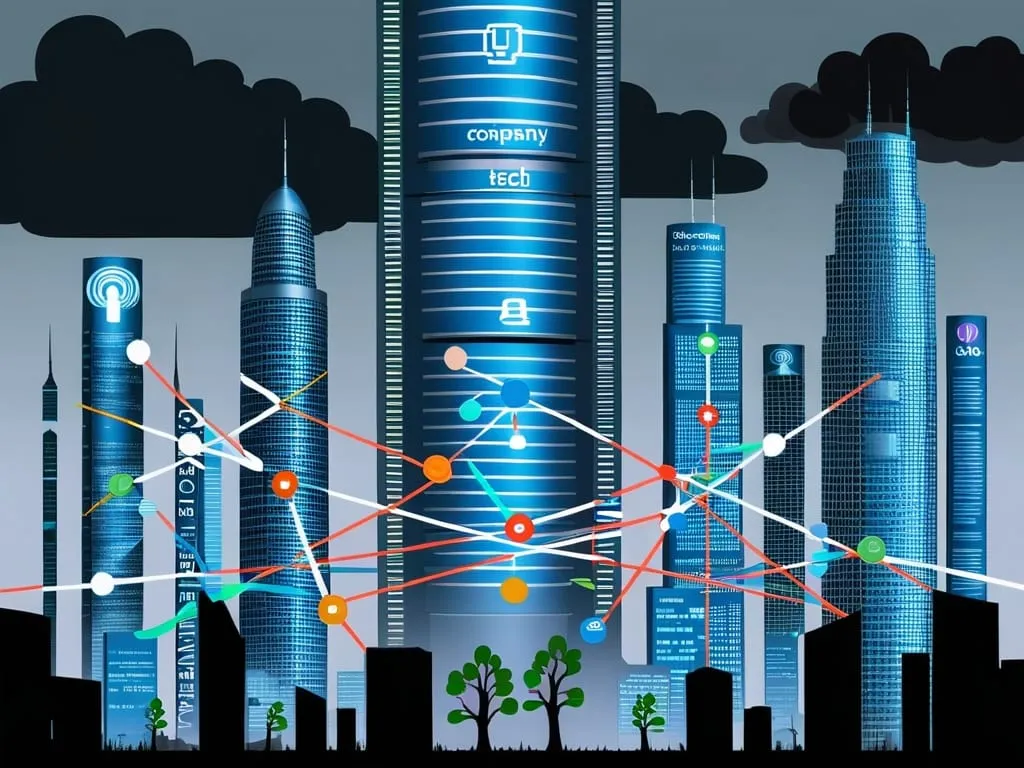As I delve into the complex world of international trade disputes, I am reminded of the wise words of Adam Smith, “The division of labor is limited by the extent of the market.” This phrase, though centuries old, remains pertinent today as we navigate the intricate web of global commerce.
The U.S.-China Trade War: A Global Ripple Effect
The trade war between the U.S. and China, initiated in 2018, has been a watershed moment in global trade. It’s a conflict that has far-reaching consequences, affecting not just the two nations involved but also the entire global economy. The imposition of tariffs by both countries has led to a significant shift in trade patterns. For instance, U.S. companies, in search of cheaper alternatives, have turned to other countries like Vietnam, Taiwan, and those in Europe and Mexico.
This diversion in trade has been a boon for some countries. Vietnam, for example, saw its exports to the U.S. rise by 35%, a staggering $17.5 billion increase. Similarly, Taiwan leveraged its expertise in hardware components to capitalize on the trade diversion. However, this shift also highlights the fragility of global supply chains and the rapid adjustments that can occur in response to trade disputes.
The Human Cost of Tariffs
As Henry Hazlitt once said, “The art of economics consists in looking not merely at the immediate but at the longer effects of any act or policy.” The immediate effects of the U.S.-China trade war are evident in the increased prices faced by U.S. consumers. The tariffs imposed on Chinese goods have led to higher production costs for U.S. companies, which are then passed on to consumers. This has resulted in a welfare loss, as households and retailers face higher prices for goods.
But what about the longer effects? The trade war has also led to a decline in U.S. exports due to retaliatory tariffs imposed by China. This has had a cascading effect on U.S. domestic manufacturing, which failed to experience the anticipated “blue collar boom.” Instead, industrial production declined, and the overall economic welfare of the U.S. suffered.
Boeing-Airbus Subsidy Conflict: A Transatlantic Dispute
Moving across the Atlantic, the long-standing subsidy dispute between Boeing and Airbus presents another significant challenge to global trade. This conflict, which has been ongoing for decades, involves allegations of unfair government subsidies to these aerospace giants. The World Trade Organization (WTO) has been at the forefront of this dispute, ruling in favor of both the U.S. and the EU at different times.
The implications of this dispute are far-reaching. It has led to a series of retaliatory tariffs and counter-tariffs, affecting not just the aerospace sector but also other industries. For instance, the EU imposed tariffs on U.S. goods such as whiskey and motorcycles in response to U.S. tariffs on EU aircraft.
Steel and Aluminum Tariffs: A Global Market Impact
The imposition of steel and aluminum tariffs by the U.S. in 2018 marked another significant turn in global trade disputes. These tariffs, aimed at protecting U.S. steel and aluminum producers, have had a ripple effect across global markets. Countries like Canada, Mexico, and those in the EU were among the first to face these tariffs, leading to immediate retaliatory measures.
How do these tariffs affect you? If you’re a consumer, you might notice higher prices for goods made from steel and aluminum, from cars to household appliances. For businesses, the increased costs can be crippling, leading to reduced competitiveness in the global market.
Automotive Sector Disputes: Supply Chain Chaos
The automotive sector is another area where trade disputes have caused significant disruptions. The U.S.-Mexico-Canada Agreement (USMCA), for example, has introduced new rules of origin that require a higher percentage of automotive parts to be sourced from within the region. This has led to a complex web of supply chain adjustments, as companies scramble to comply with the new regulations.
Imagine you’re a car manufacturer trying to navigate these changes. Every delay or misstep can lead to costly production halts and lost sales. The impact is not just on the companies involved but also on the thousands of workers whose jobs depend on the smooth operation of these supply chains.
The Role of the World Trade Organization
The WTO plays a crucial role in resolving these trade disputes. As the primary international body governing global trade, it provides a framework for countries to negotiate and settle trade disagreements. However, the WTO faces significant challenges to its authority, particularly from countries that prefer unilateral actions over multilateral agreements.
As Pascal Lamy, former Director-General of the WTO, once said, “The WTO is not a charity, it’s a rules-based system.” These rules are designed to ensure fair trade practices, but they are only effective if all member countries adhere to them.
Economic Consequences and Diplomatic Relations
The economic consequences of these trade disputes are multifaceted. For involved countries, the immediate effects include higher prices, reduced exports, and potential job losses. For third-party nations, the impact can be just as severe, as they adjust to new trade patterns and supply chain disruptions.
Diplomatic relations also suffer. The U.S.-China trade war, for instance, has strained relations between the two superpowers, affecting cooperation in other critical areas such as climate change and security.
Long-Term Implications
So, what are the long-term implications of these trade disputes? One clear outcome is the rise of protectionist policies. Countries are increasingly turning to tariffs and other trade barriers to protect their domestic industries. This trend, however, undermines the principles of free trade and global economic integration.
As David Ricardo argued, “Free trade is not a zero-sum game; it is a positive-sum game.” The benefits of free trade are well-documented, but the current wave of protectionism threatens to erode these gains.
A Way Forward
As we navigate these complex trade disputes, it’s essential to remember that global commerce is interconnected. Actions taken by one country can have far-reaching consequences for others.
The WTO needs to be strengthened to address these challenges effectively. This includes reforming its dispute settlement mechanism and ensuring that all member countries comply with its rules.
In the words of Jagdish Bhagwati, “Free trade is the best policy, but it is not a policy that can be pursued in isolation.” It requires cooperation, negotiation, and a commitment to fair trade practices.
As we look to the future, it’s clear that resolving these trade disputes will be crucial for maintaining global economic stability. The path forward is not easy, but with a renewed focus on cooperation and adherence to international trade rules, we can mitigate the negative impacts and foster a more integrated and prosperous global economy.
So, what do you think? How can we balance the need to protect domestic industries with the benefits of free trade? The answer lies in finding a delicate balance between these competing interests, ensuring that global commerce continues to thrive in a fair and equitable manner.
